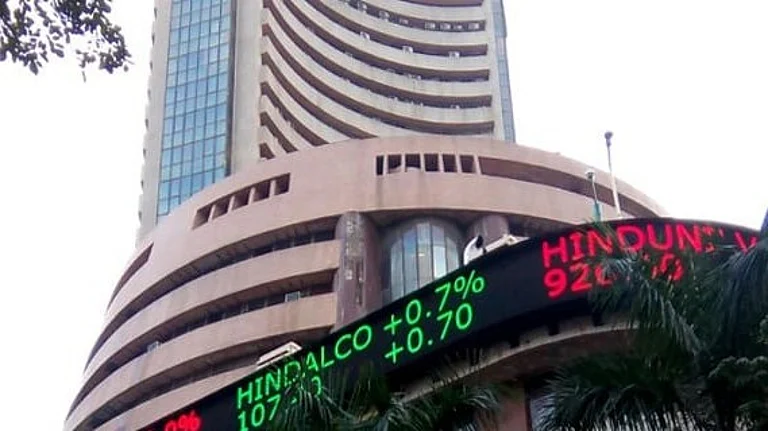PSU stocks: Not too long ago, the PSU sector was one of the top bets for D-street players, with multiple stocks turning into multibaggers and giving out big returns. Shares like Cochin Shipyard, RVNL, IRFC and Mazagon Dock gained heightened investor attention and continued to enjoy an upward trajectory.
However, there seems to be a reversal in this trend in recent times. The BSE PSU index has dropped sharply by over 14 per cent from its all-time high. And, if this downtrend continues, PSU stocks are likely to get into a bear run soon.
While it would be wrong to ignore the broader negative sentiment lingering in the market— largely driven by factors like the FII (Foreign intuitional investors) sell-off due to the China effect, valuation concerns, muted corporate earnings and volatility owing to the upcoming US election result— the PSU sector seems to witness even more pressure.
Since August, the BSE PSU index has largely followed a downward trend. In contrast, benchmark indices reached fresh all-time highs before succumbing to the current market sentiment.
According to a report by Elara Securities, the average count of PSU in a fund scheme has been dropping rapidly since May this year.
Investors are pulling their money out of PSU-focused mutual funds, which is in turn pushing funds to sell off their stocks.
"With the slowdown (and now redemption) in PSU sector funds, we are now seeing MFs selling PSU stocks. Besides Oil and Gas stocks (where sector flows are still relatively better), most PSU stocks from Manufacturing and Defence funds are witnessing strong supply since May’24," the brokerage firm stated in its report.
In the last 6 months, the BSE PSU index has posted a return of just 3.47 per cent as compared to BSE Sensex's relatively resilient return figure of 8.92 per cent.
What’s behind the drop in PSU stocks?
Despite the PSU index outperforming the BSE Sensex this year, the recent slowdown in the PSU space is hard to ignore, especially as it was once considered the undervalued jewel of the Indian stock market.
Railway stocks like RVNL, IRFC witnessed a triple-digit surge this year. Defence and shipbuilding stocks like Mazagon Dock, Cochin Shipyard and Hindustan Aeronautics followed a similar path.
"Reality check has led to a higher correction in PSU stocks. PSU stocks had risen in the past based on high revenue visibility and limited floating stock. However, their operational performance was disappointing and investors started doubting whether their revenue visibility would lead to higher PAT (Profit after tax)," said Deepak Jasani, Head of Retail Research, HDFC securities Ltd.
A similar trend occurred post-Covid as well, when NPA (non-performing asset) levels for banks declined significantly, resulting in a robust bull run for PSU banks. However, as valuation concerns emerged and pressure on the banking sector rose, the momentum began to wane. In the last 6 months, the Nifty PSU index has witnessed a decline of over 11 per cent.
One reason for the drop in the average count of PSU stocks in fund schemes could also be owing to limited free float. This was recently seen with Cochin Shipyard, where the stock dropped by nearly 5 per cent after the government announced an OFS (Offer for sale).
Usually, stocks with lower float experience high volatility. So, when promoters sell additional shares in the market, the pressure on stock prices could drastically increase owing to increase in supply.
In many PSU stocks that have seen big gains, the government holds a large stake, meaning fewer shares are available for trading. For instance, this trend was seen in multibagger stocks like Punjab and Sind Bank, UCO Bank and Central Bank of India, where the free float is quite limited.
































